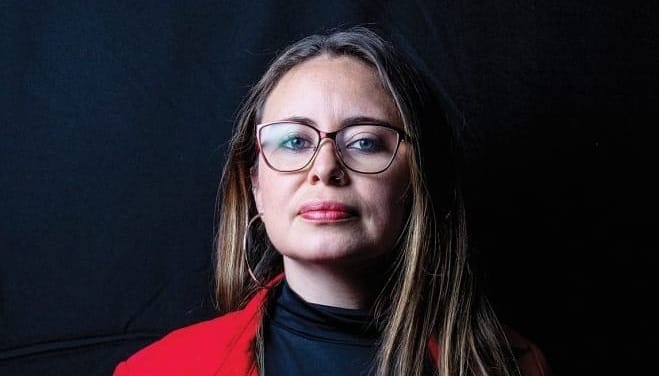Por Luciana Wainer
Dicen que lo que no se nombra, no existe. Y por eso hay que insistir, una y otra vez, hasta que las palabras sirvan de algo, hasta que las cifras escandalicen, hasta que las autoridades hagan caso: fueron cuatro ejecuciones extrajudiciales, diez casos de tortura, treinta y ocho de tratos crueles y cuarenta y ocho detenciones arbitrarias. Todas ocurridas el 5 de abril de 2017 en Arantepacua, Michoacán. Todas presuntamente ejecutadas por policías municipales y otras autoridades durante el gobierno de Silvano Aureoles, quien, por cierto, hoy se encuentra prófugo de las autoridades con una ficha roja de la Interpol por desvío de recursos. Y aunque a estas alturas quizá sea una obviedad decirlo, todos los delitos continúan en la impunidad.
La comunidad de Arantepacua permanece exigiendo justicia a ocho años de estos hechos. En 2022 tuvieron la primera victoria: después de realizar acciones de protesta en la Ciudad de México, lograron que la Fiscalía General de la República aceptara coadyuvar en la investigación. En ese momento, el compromiso fue que oficiarían como una suerte de supervisor de las labores de investigación de la fiscalía local y, paralelamente, evaluarían las posibilidades de atraer el caso. Recién a partir de allí se empezaron a recabar pruebas, testimonios y registro documental de lo sucedido. Porque, como ha dicho la comunidad durante todo este tiempo, la fiscalía local no puede ser perpetradora e investigadora de la masacre al mismo tiempo: de tan evidente, resulta insultante. Pero el siguiente paso para la búsqueda de justicia es la atracción por parte de la FGR. Y ya no puede esperar.
Este sábado 5 de abril la comunidad de Arantepacua volvió a trasladarse a Ciudad de México para protestar ante la Fiscalía General de la República. En una mesa de diálogo se acordó el calendario de trabajo de aquí a dos meses. La primera acción será el 18 de abril, cuando el abogado que representa a la comunidad, Enrique Guerrero, expondrá los argumentos jurídicos bajo los cuales solicitan la atracción. “El artículo 13 fracción sexta de la Ley de la Fiscalía General de la República establece que, en el caso de pueblos y comunidades indígenas, se debe ejercer la facultad de atracción cuando el caso reviste trascendencia social”, me explica Guerrero. “Si cuatro ejecuciones extrajudiciales, más de diez casos de tortura, decenas de lesionados, allanamientos y cuarenta y ocho detenciones arbitrarias no tienen trascendencia social, yo no sé qué la pueda tener, ¿no?”, remata.
Suscríbete para leer la columna completa…




